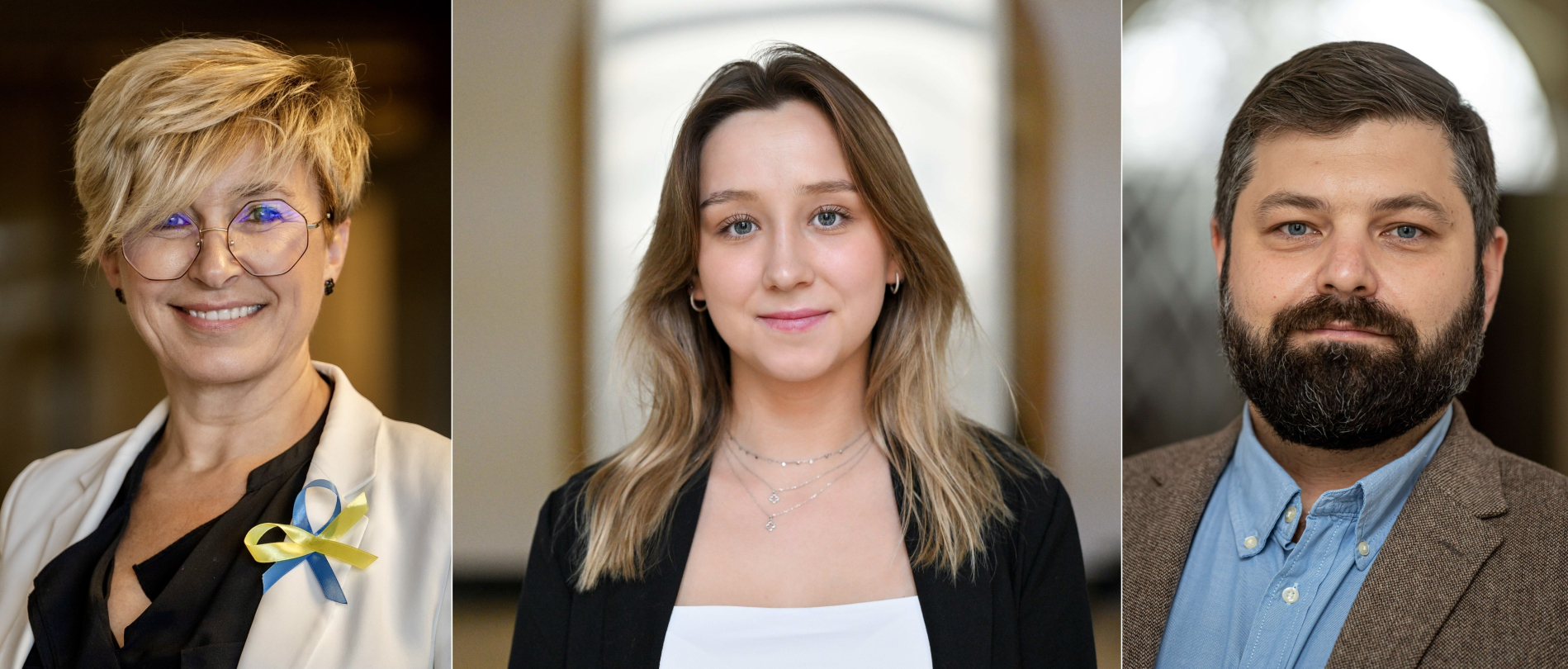
The implementation doctoral dissertation by Martyna Skuła from the WUST Doctoral School has been given the highest score in the next edition of the Ministry of Science and Higher Education program. The dissertation has been prepared under the supervision of Prof. Joanna Rymaszewska and Prof Tomasz Kajdanowicz.
A total of 406 projects were submitted to the 2024 edition of the „Implementation Doctorate”. Ultimately, funding was awarded to 157 of them, and the highest score was awarded to the proposal of Martyna Skuła from the Doctoral School at Wrocław University of Science and Technology.
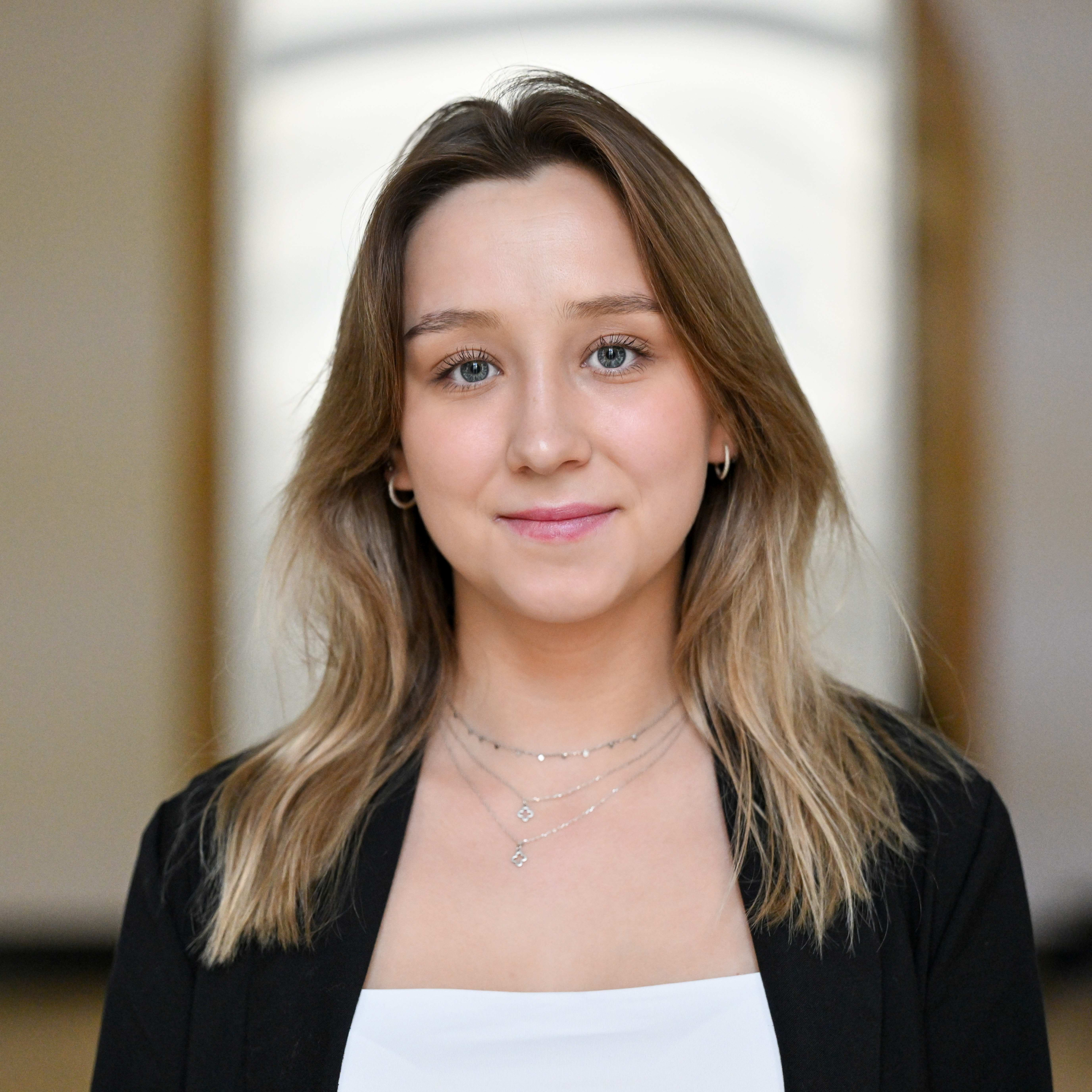 Since October, our doctoral student will implement, in cooperation with the Łukasiewicz Research Network – PORT, an interdisciplinary project titled „Machine learning methods for integrated analysis of discrete neurophysiological and behavioural symptoms of chronic stress in preclinical studies".
Since October, our doctoral student will implement, in cooperation with the Łukasiewicz Research Network – PORT, an interdisciplinary project titled „Machine learning methods for integrated analysis of discrete neurophysiological and behavioural symptoms of chronic stress in preclinical studies".
Her supervisors will be Prof. Joanna Rymaszewska from the Faculty of Medicine and Prof. Tomasz Kajdanowicz, head of the Department of Artificial Intelligence at the Faculty of Information and Communication Technology. On the part of the Łukasiewicz – PORT network, the PhD student will be supported by Dr. Michał Ślęzak.
Medicine and artificial intelligence against depression
Chronic stress is a risk factor for many mental disorders, including depression, the treatment of which remains a medical challenge. In Poland alone, depression affects approximately 1.5 million people. Over 300 million people worldwide suffer from it, with 1/3 of patients refractory to treatment.
Martyna Skuła's research project aims to help develop deep machine learning methods that will be used in the analysis of neurophysiological and behavioral symptoms of chronic stress.
– In my work, I decided to adapt a new function, i.e. wireless EEG signal recording, to the video-based animal behaviour analysis system already used in the Port Łukasiewicz – explains Martyna Skuła. – This will allow the remote monitoring of the circadian rhythm of the brain's state, as well as sleep architecture. In this solution there is no need for contact with the sleeping animal, which could affect the obtained results.

The use of machine learning methods for integrated data analysis will allow our PhD student to identify stress-induced changes and determine the ability of antidepressants to modify them. – In my opinion, in the future, such a unique platform and precise phenotyping algorithms can be used in both research and commercial projects – adds the PhD student.
Her interdisciplinary doctorate combines elements of medicine, and more specifically psychiatry, as well as artificial intelligence. – Prof. Joanna Rymaszewska and Prof. Tomasz Kajdanowicz are outstanding specialists in their fields, so I cannot imagine a better choice for my thesis supervisors – admits Martyna Skuła.
A fascinating combination
– This project is fascinating, especially from my point of view as a scientist and a medical doctor – a combination of IT and modern technologies with the complexity of neurobiology for the development of therapy in psychiatry – says Prof. Joanna Rymaszewska, head of the Department of Clinical Neuroscience at the Faculty of Medicine.
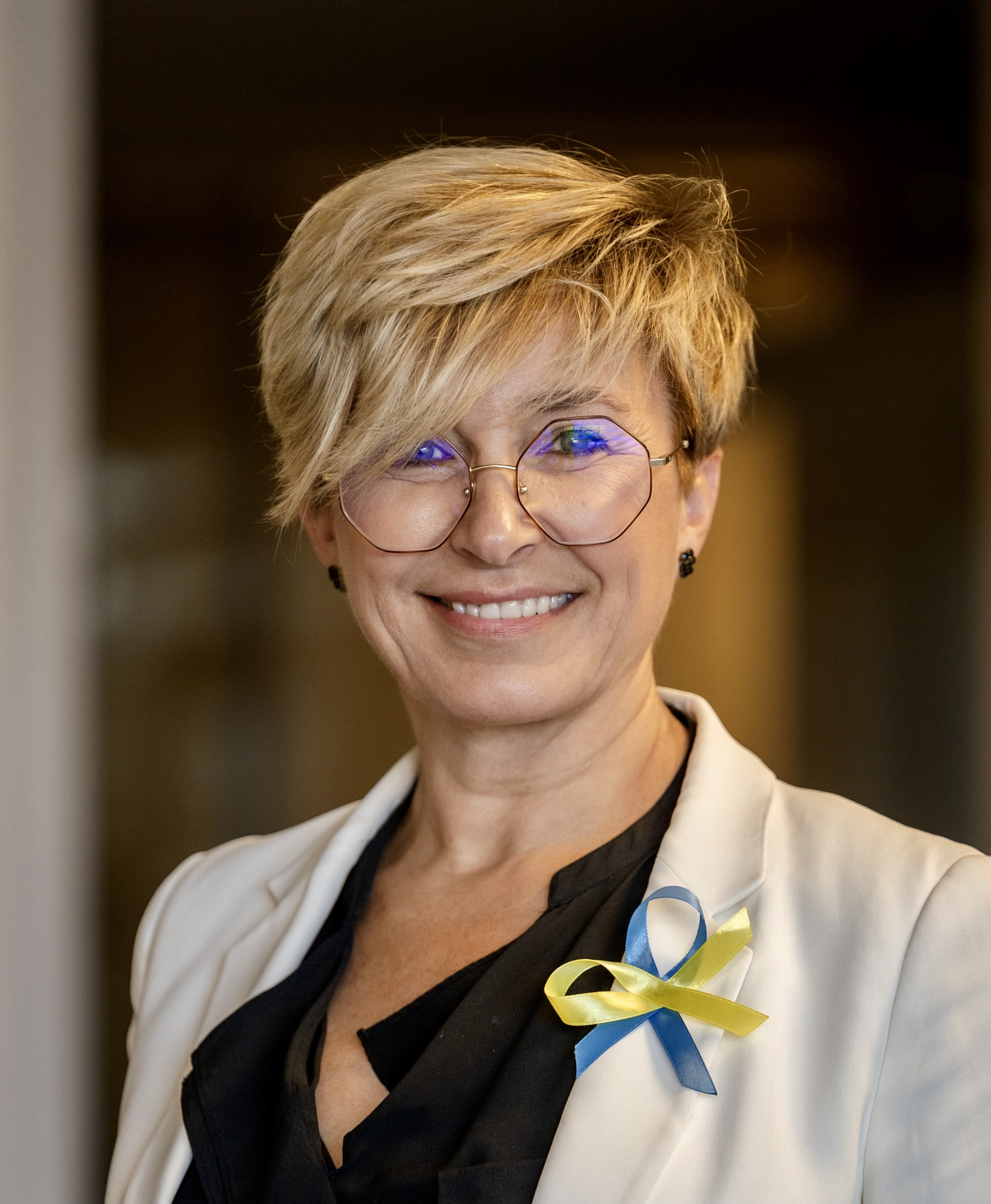 In her opinion, it is also an ideal example of a psychiatric „from bench to bedside” process. – Translational research in psychiatry can be carried out when medicine meets modern technology, which is the case in this research idea – explains Prof. Rymaszewska. Together we will propose a model for testing new drugs and devices in the treatment of mental disorders at the preclinical level, including, among others, depression.
In her opinion, it is also an ideal example of a psychiatric „from bench to bedside” process. – Translational research in psychiatry can be carried out when medicine meets modern technology, which is the case in this research idea – explains Prof. Rymaszewska. Together we will propose a model for testing new drugs and devices in the treatment of mental disorders at the preclinical level, including, among others, depression.
The model takes into account subtle neurophysiological and behavioural changes and is based on convolutional neural networks and transformer models. – All this in order to better classify brain activity patterns, improve the ability to detect anomalies, which will allow testing new forms of therapy – announces Prof. Joanna Rymaszewska.
In turn, according to Prof. Tomasz Kajdanowicz from the Faculty of Information and Communication Technology, the doctoral dissertation presents a unique combination of artificial intelligence with medicine, breaking the traditional boundaries between scientific disciplines.
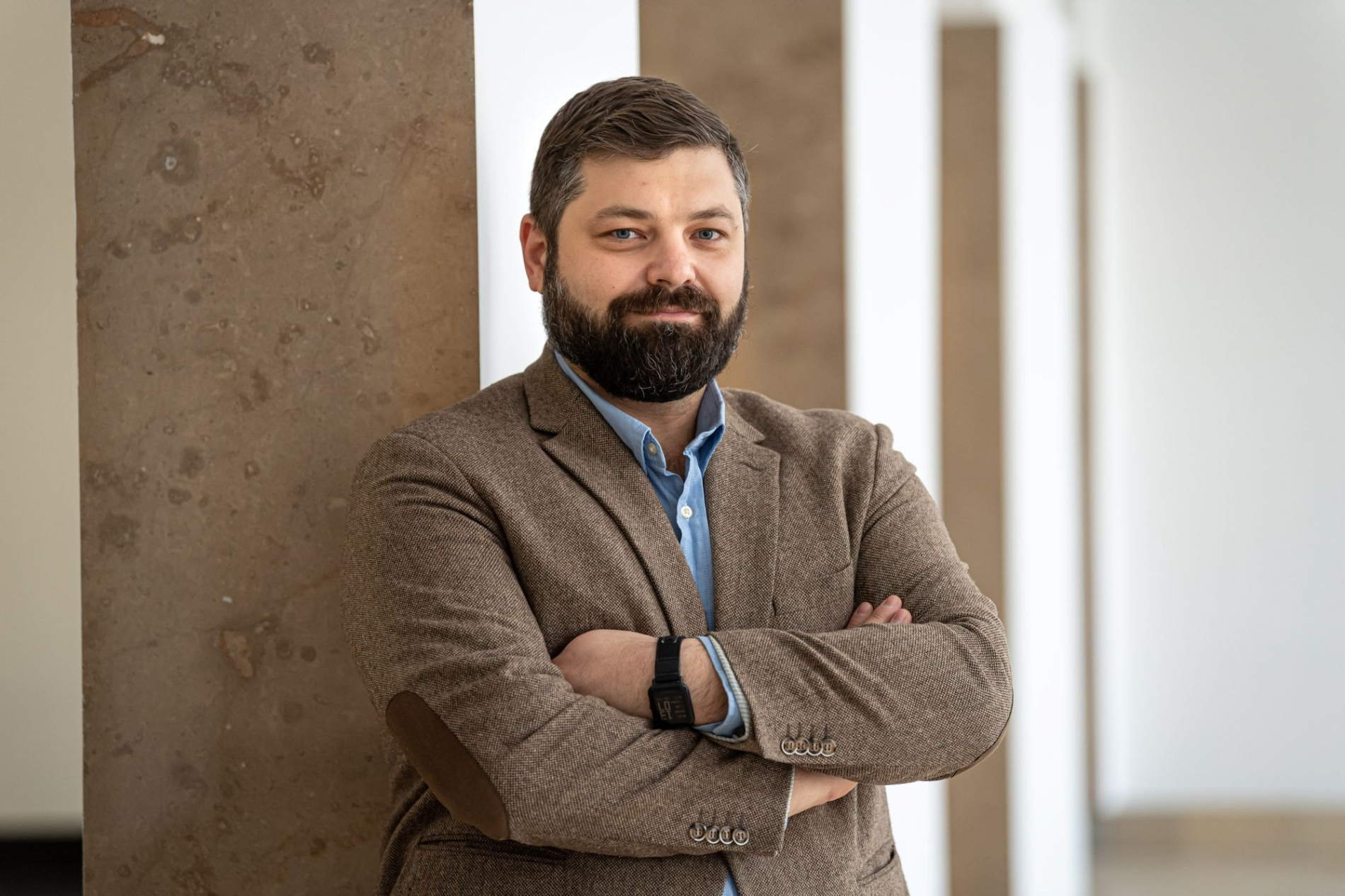 – The project is unique in that it offers the integration of EEG signals recorded in various situations, from sleep and rest to specific tasks in one model, which opens new possibilities in the identification of biomarkers and discrete phenotypes associated with chronic stress and depressive disorders – says Prof. Tomasz Kajdanowicz, head of the Department of Artificial Intelligence. – As a result, the project will contribute to a better understanding of the mechanisms of these disorders and the effectiveness of pharmacological therapies.
– The project is unique in that it offers the integration of EEG signals recorded in various situations, from sleep and rest to specific tasks in one model, which opens new possibilities in the identification of biomarkers and discrete phenotypes associated with chronic stress and depressive disorders – says Prof. Tomasz Kajdanowicz, head of the Department of Artificial Intelligence. – As a result, the project will contribute to a better understanding of the mechanisms of these disorders and the effectiveness of pharmacological therapies.
The part of the work related to artificial intelligence will be devoted to the development of analytical methods, designing the model architecture and implementing mechanisms enabling the integration and fusion of data from different modalities.
Implementation doctorate – a combination of scientific and practical approaches
This year, we have over 200 new doctoral students at Wrocław University of Science and Technology. The group includes 13 students who are laureates of the „Implementation Doctorate 2024" program.
Martyna Skuła chose the Doctoral School at Wrocław University of Science and Technology because of our university's experience in conducting implementation doctorates and a high level of education in technical disciplines. She briefly explains her decision about why she chose such a research solution. – After completing her studies and starting work outside the university, I did not want to give up my scientific work – she emphasizes.
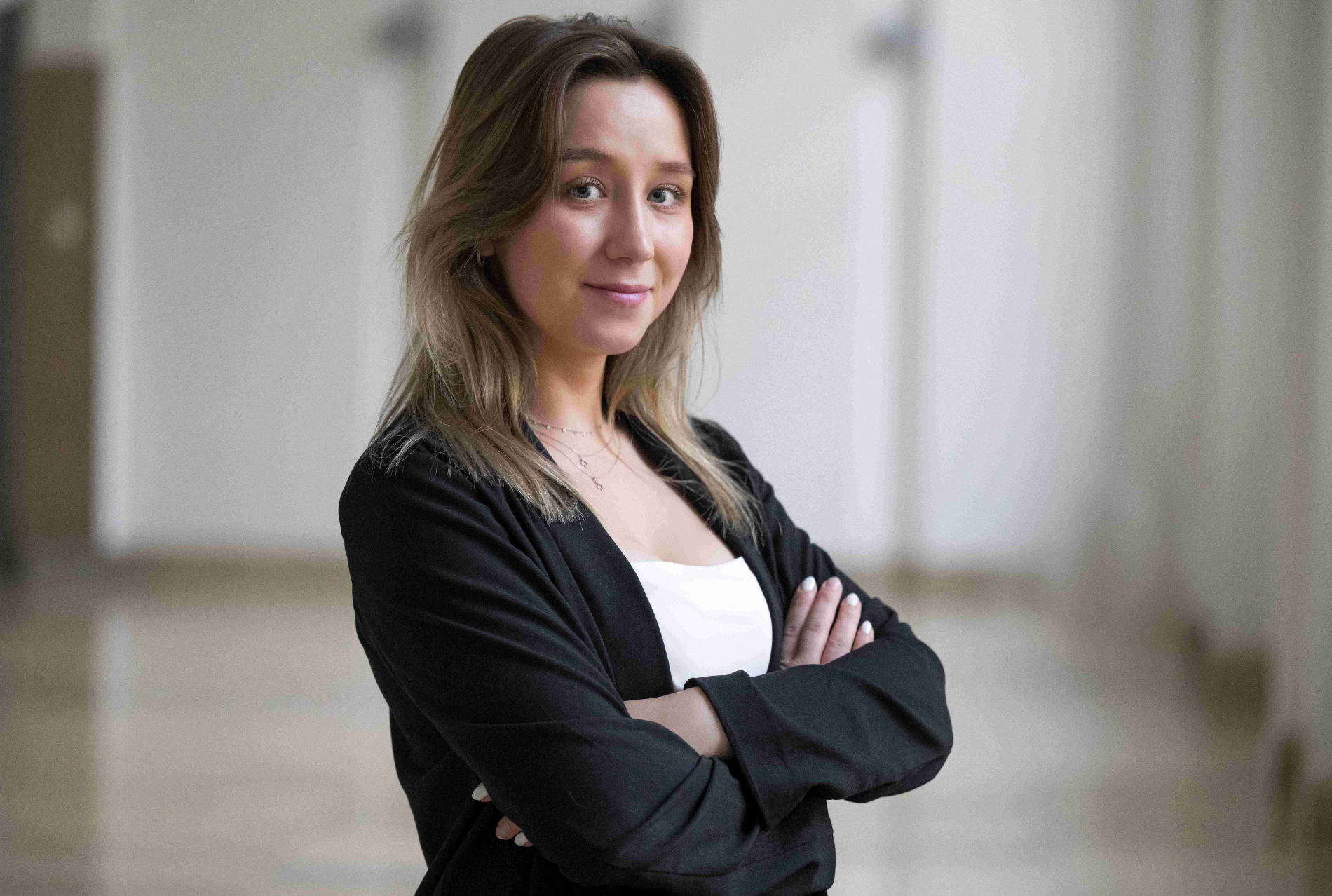
She completed her master's degree in genetics and experimental biology at the Faculty of Biological Sciences, University of Wrocław. – During my bachelor's studies, I began to delve more deeply into issues related to neurobiology and they fascinated me – says the winner of the ministerial program. – While participating in scientific conferences, my attention was drawn to how standard laboratory and research techniques can be extended by using computer tools in neurobiological research.
That is why she decided to take additional studies in the specialization of bioinformatics at the Faculty of Biotechnology of the University of Wrocław. – I wanted to gain knowledge and skills that would allow me to work in this discipline in the future – says Martyna Skuła, who plans to work on implementing computer solutions in neurobiological research.
In the opinion of Prof. Tomasz Kajdanowicz, implementation doctorates, although they are a big challenge, offer their authors invaluable experience. – It is a difficult research approach, but it provides a great empirical workshop for verifying the meaningfulness and quality of research work – says the researcher from our Faculty. – This path allows people who want to combine science with practice to directly apply their research results in real conditions.
